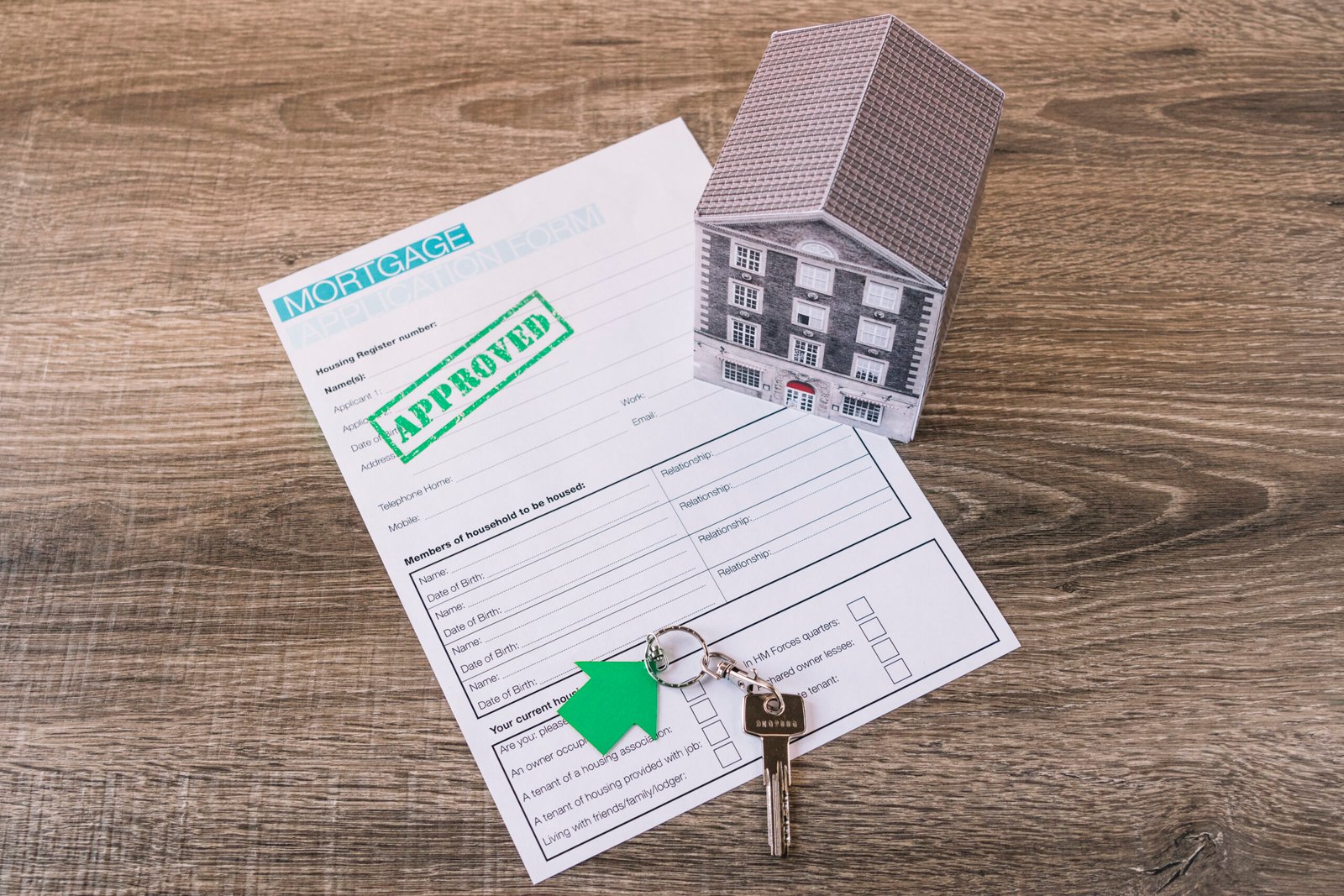The real estate market in Saudi Arabia has seen a tremendous transformation in recent years. With the Kingdom’s ambitious Vision 2030 plan, the demand for new developments—ranging from residential complexes to commercial spaces—has grown exponentially. As a result, developers, investors, and companies looking to enter the market are increasingly relying on real estate feasibility studies to guide their decisions.
Feasibility studies are integral to understanding the potential risks and rewards of real estate projects. They help stakeholders make informed choices about investment, development, and overall project strategies. In this article, we’ll explore how conducting a real estate feasibility study in the Saudi market can be pivotal in navigating the complexities of the sector and securing successful outcomes.
What is a Real Estate Feasibility Study?
A real estate feasibility study is a detailed analysis that evaluates the viability of a proposed real estate project. It involves assessing various aspects of the market, including demand and supply, cost projections, legal requirements, financial forecasting, and potential return on investment (ROI). By conducting this study, investors and developers gain insights into whether a project is worth pursuing or if it needs to be modified to improve its chances of success.
In Saudi Arabia, a feasibility study helps in determining the market dynamics and understanding whether a real estate venture will be profitable in a competitive and fast-changing environment. Factors such as economic shifts, governmental policies, demographic trends, and consumer preferences must all be considered when undertaking a feasibility analysis. Given the rapid developments in the region, companies that do feasibility studies are essential for making data-driven decisions that align with market realities.
Why is a Feasibility Study Crucial for Saudi Real Estate?
The Saudi real estate market is characterized by unique economic, cultural, and regulatory factors that must be carefully examined before embarking on any project. By conducting a comprehensive feasibility study, stakeholders can mitigate risks associated with unforeseen market fluctuations, regulatory hurdles, and competition. Here are some of the reasons why a feasibility study is crucial in the Saudi real estate market:
- Market Demand and Supply Analysis: Understanding the current market conditions is vital for ensuring that a proposed development meets the needs of the local population. A feasibility study analyzes current demand and forecasts future trends in different segments, such as residential, commercial, retail, or industrial real estate.
- Risk Management: Every investment carries inherent risks. A feasibility study helps identify potential risks and their impact on a project. In the Saudi context, factors like fluctuating oil prices, government policies, and foreign investment trends can greatly influence real estate profitability. By assessing these risks, developers can prepare for unexpected challenges and make more strategic decisions.
- Financial Viability: Real estate projects involve significant capital investments. The feasibility study provides a detailed cost breakdown, including construction costs, land acquisition, financing, and operational expenses. It also estimates potential returns, helping investors assess whether the project will generate adequate profit or require adjustments to make it more viable.
- Legal and Regulatory Considerations: Saudi Arabia’s regulatory framework for real estate development is evolving rapidly. Developers must be aware of land ownership laws, zoning regulations, and building codes. A feasibility study takes into account the legal environment to ensure that the project complies with local laws and regulations, reducing the risk of legal challenges.
Key Elements of a Real Estate Feasibility Study
A comprehensive feasibility study typically involves several key components. These include:
- Market Research and Analysis: This is the foundational component of any feasibility study. Detailed market research involves gathering data on current real estate trends in Saudi Arabia, including property prices, rental yields, vacancy rates, and more. The study evaluates the demand for specific types of properties in different regions, ensuring that the project is aligned with market conditions.
- Financial Projections and Budgeting: A financial feasibility analysis outlines all projected expenses, including land costs, construction costs, financing, operational expenses, and marketing costs. It also forecasts the anticipated revenue, such as rental income or sales proceeds, to determine the project’s profitability.
- Site Analysis: In a real estate feasibility study, the location of the project is one of the most important aspects. A site analysis examines the suitability of the land, its accessibility, infrastructure, and proximity to essential amenities like schools, hospitals, and shopping centers. These factors greatly affect a project’s success and should be thoroughly assessed.
- Risk Assessment and Mitigation Strategies: A good feasibility study anticipates the potential risks that could affect the project. This could include market volatility, political instability, environmental risks, or delays due to unforeseen circumstances. By identifying these risks early, companies can devise strategies to minimize their impact.
- Legal and Regulatory Framework: A thorough understanding of the legal framework is essential in Saudi Arabia, where regulations governing land use and real estate transactions are strict. The study must cover local zoning laws, construction permits, land ownership laws for foreign investors, and any other legal requirements that could influence the project.
The Role of Companies that Do Feasibility Studies in Saudi Arabia
In Saudi Arabia, the importance of consulting companies that specialize in conducting feasibility studies cannot be overstated. These companies provide invaluable expertise and resources for developers, investors, and financial institutions who are looking to understand the potential of a given real estate project.
Companies that do feasibility studies play a crucial role in guiding stakeholders through the complex processes involved in assessing a project’s viability. Their in-depth knowledge of the Saudi market, regulatory environment, and financial structures makes them essential partners in the decision-making process. These firms typically have access to proprietary data, advanced analytical tools, and experienced consultants who can provide actionable insights tailored to the specific needs of their clients.
For developers entering the Saudi market for the first time, partnering with a professional consultancy that specializes in real estate feasibility studies can be especially beneficial. These firms help navigate the nuances of local market conditions, identify opportunities, and highlight potential pitfalls before major investments are made.
How Feasibility Studies Impact Investment Decisions
Investing in real estate in Saudi Arabia requires a high degree of due diligence. As one of the fastest-growing markets in the Middle East, Saudi Arabia presents numerous opportunities for real estate development, but it also carries unique risks. By conducting a feasibility study, investors can confidently assess the financial, operational, and regulatory aspects of a potential investment.
For example, if a developer is looking to build a residential complex in Riyadh or Jeddah, the feasibility study will provide critical insights into population trends, housing demands, and rental rates. It may highlight a shortage of affordable housing in a specific neighborhood or uncover emerging areas where commercial properties are in high demand. This kind of information empowers investors to make decisions that are aligned with market needs and maximizes the likelihood of success.
Moreover, the feasibility study allows stakeholders to understand the competitive landscape. In cities like Riyadh and Jeddah, where real estate competition is fierce, knowing the strengths and weaknesses of competitors can help a developer position their project more strategically. The study provides data on existing developments, pricing strategies, and occupancy rates, which are all critical factors for success.
The Future of Real Estate Feasibility Studies in Saudi Arabia
As Saudi Arabia continues to diversify its economy under Vision 2030, the demand for real estate development is expected to rise across all sectors. The Kingdom is working to increase its non-oil revenue, which has led to a growing emphasis on infrastructure projects, tourism developments, and residential communities. With this increasing demand, conducting real estate feasibility studies will become even more vital for ensuring that investments are not only financially sound but also aligned with the country’s long-term goals.
Companies that do feasibility studies will continue to play a crucial role in shaping the future of Saudi real estate. They will offer guidance on how to navigate the complexities of the evolving market, ensure compliance with new regulations, and provide in-depth market analysis to help investors and developers seize opportunities in this thriving sector.
By understanding market conditions, evaluating the financials, and analyzing legal and regulatory frameworks, feasibility studies provide the clarity needed to make informed decisions. This is crucial in Saudi Arabia, where the stakes are high, and even small errors in judgment can lead to significant financial losses.
The importance of conducting a thorough feasibility study before entering the Saudi real estate market cannot be overstated. For investors and developers looking to make informed, strategic decisions, these studies are indispensable tools for success.
Also Read: KSA Property Development: Financial Feasibility Study Methods
















Leave a Reply